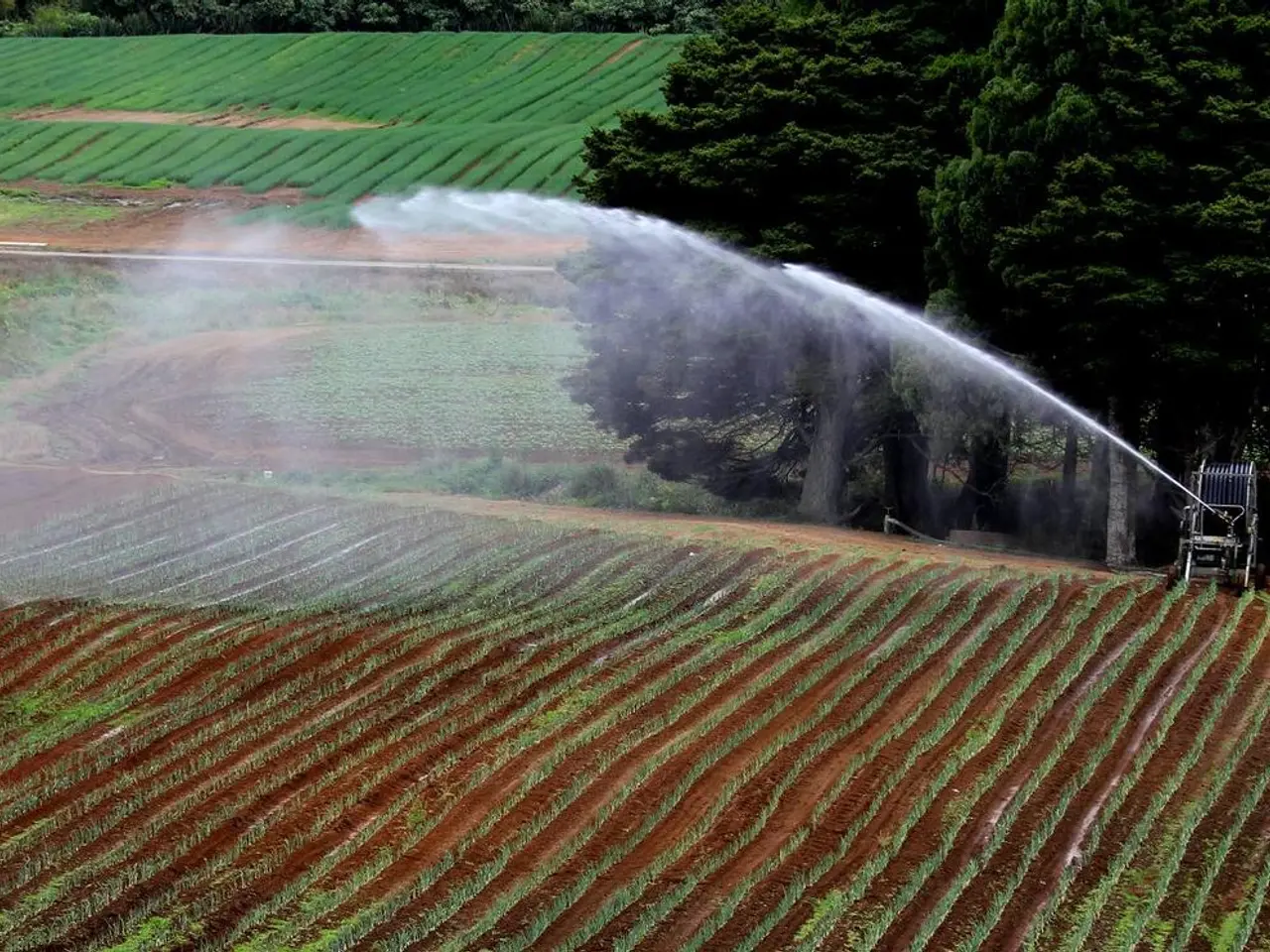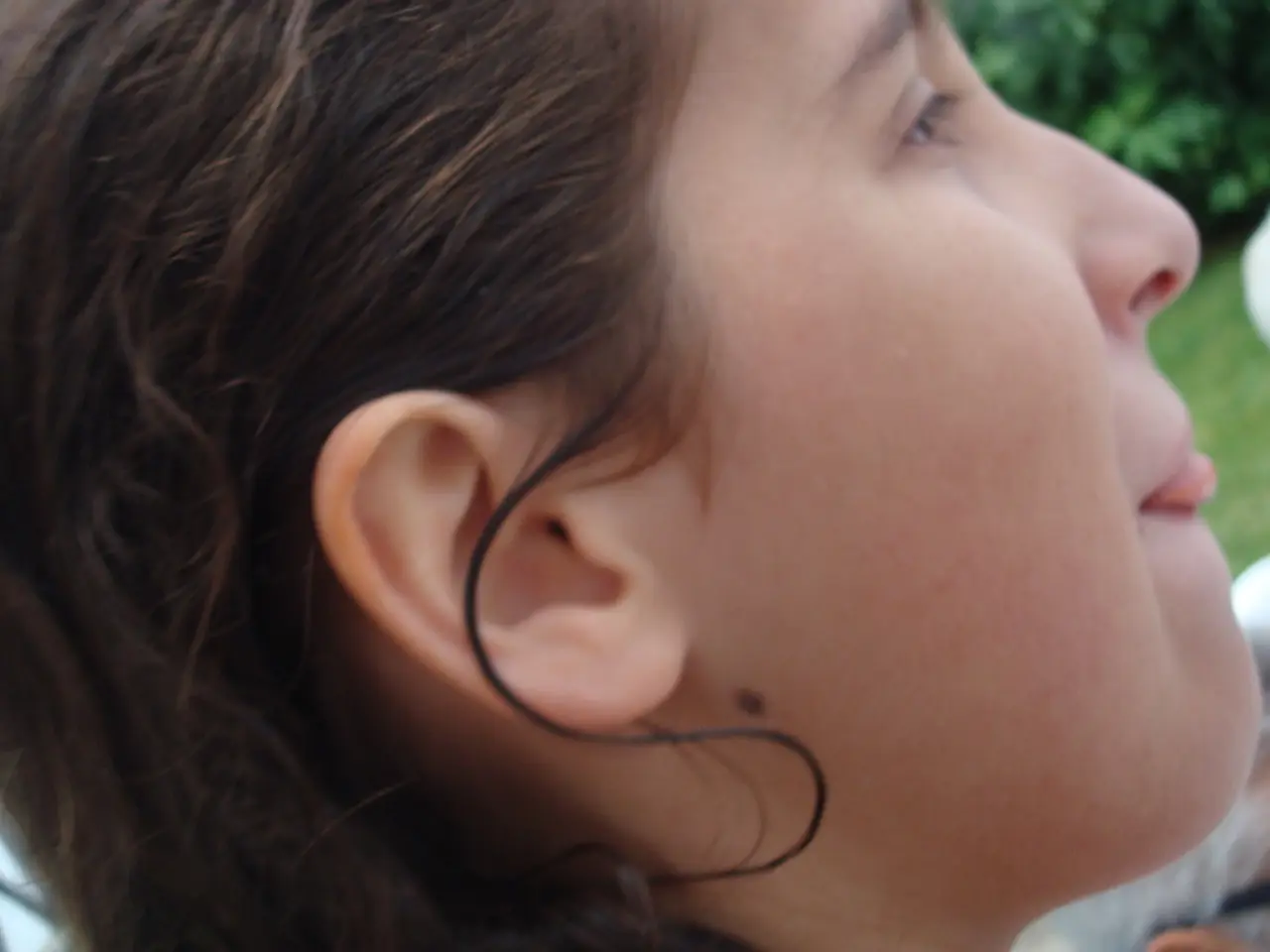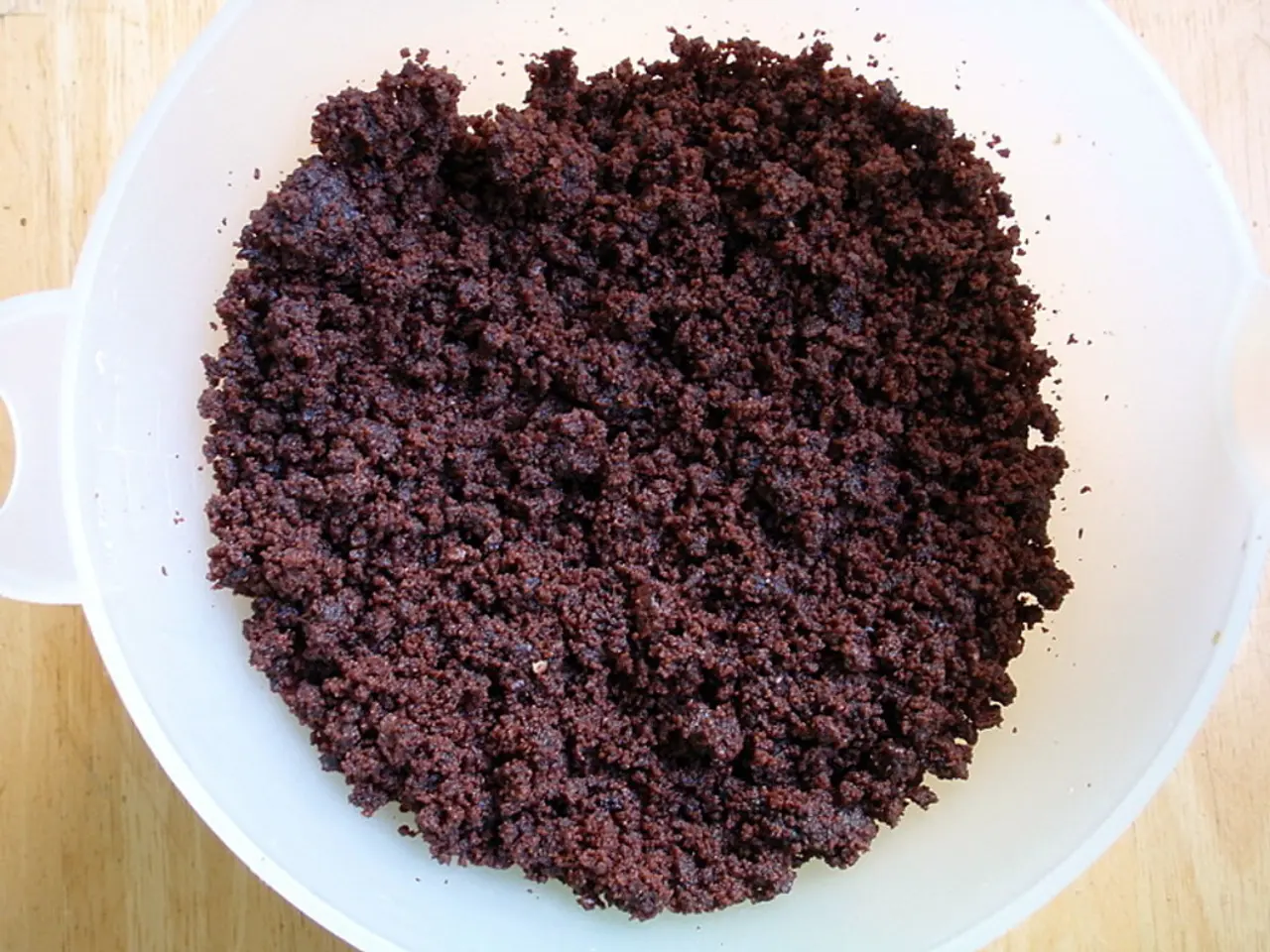Discover the Water Crusader Fostering Ancient Agriculture in Gujarat's Dang Region
In the tribal district of Dang, Gujarat, water conservation efforts have been focused on harnessing and storing rainwater that would otherwise rapidly run off due to the region's basalt rock terrain. These initiatives have proven to be effective, impactful, and yet, not without challenges.
Neeta Ben Patel, a water conservationist, has been at the forefront of these efforts since her transfer to Dang in 2013. Patel, who was raised in Mograwadi village in Gujarat's Valsad district and belongs to the Dodia Patel community, began her work with the Aga Khan Rural Support Programme in 2002 in Bharuch's Netran village.
The strategies employed in Dang are diverse. Slowing water flow is achieved through the use of trenches, stone bunds, and nala plugs. Check dams, farm ponds, and earthen reservoirs have been constructed on rivers like Gira, Khapri, Ambika, and Purna to capture and store water. Surface water conservation is necessary due to the limited underground seepage caused by basalt rock. Irrigation solutions like solar-powered mini lift systems and mobile engines now help farmers water their fields year-round in Dang.
These efforts have resulted in the construction of 90 check dams and 117 farm ponds since 2010. Additionally, 112 solar mini-lift irrigation systems and 39 mobile engines have been installed. These infrastructures have improved soil moisture retention, reduced topsoil loss, and led to increased agricultural productivity, allowing communities, particularly women, to gain financial independence.
However, the district's water conservation is complex due to its topography, as it receives sufficient rainfall but water rapidly runs off, making conservation challenging. The basalt rock terrain also restricts groundwater recharge, requiring reliance on surface water management. Sustained community engagement, collaboration with multiple stakeholders, maintaining and scaling water infrastructure, ensuring equitable access to conserved water and irrigation facilities are some of the key challenges faced.
Patel's work isn't just about development but also about restoring the land, reimagining livelihoods, and rebuilding the confidence of an entire district. Her mission is to build water security and dignity for Dang's residents, many of whom are from Indigenous communities. Despite the admiration she has earned, Patel sees herself as simply giving people what they've always deserved.
This multi-pronged approach illustrates a successful example of local, community-involved water conservation tailored to the landscape and socio-economic context of Dang, Gujarat. The ripple effect of Patel's work has empowered women in the community to attend meetings, receive training, and become financially independent, proving that water conservation is not just about water, but about people and their livelihoods.
[1] This article is based on available information and may not represent the complete picture of the water conservation efforts in Dang, Gujarat. For more detailed and up-to-date information, please refer to the Aga Khan Rural Support Programme's official website or local news sources.
Science plays a crucial role in Neeta Ben Patel's water conservation initiatives in Dang, Gujarat, as she employs diverse strategies such as trenches, stone bunds, and nala plugs, based on her knowledge in environmental-science. Additionally, her efforts have positively impacted women's health and wellness in the community by providing opportunities for financial independence and empowerment.




